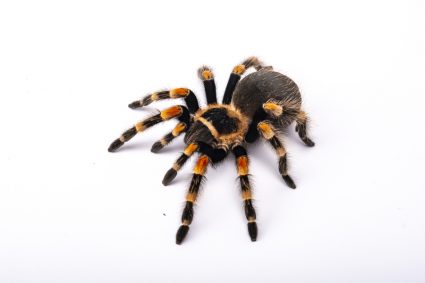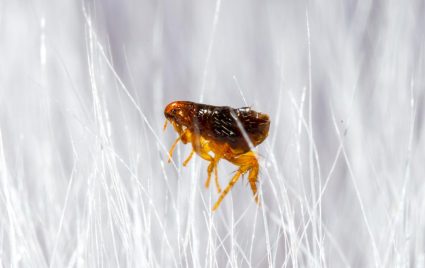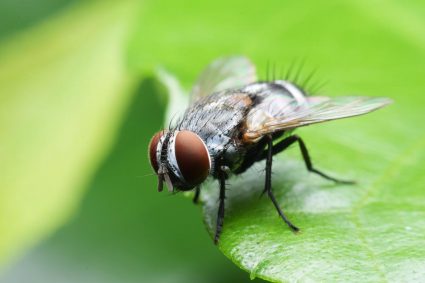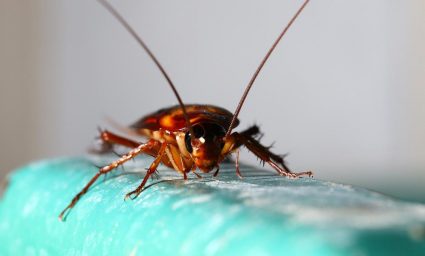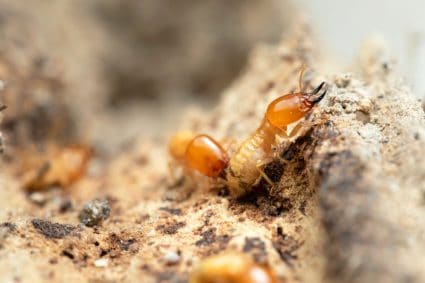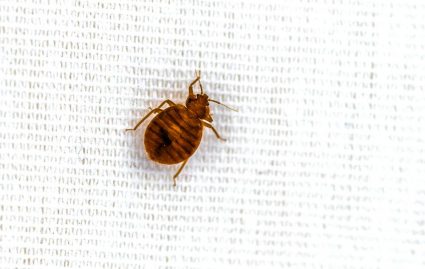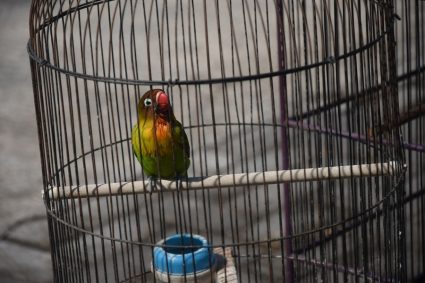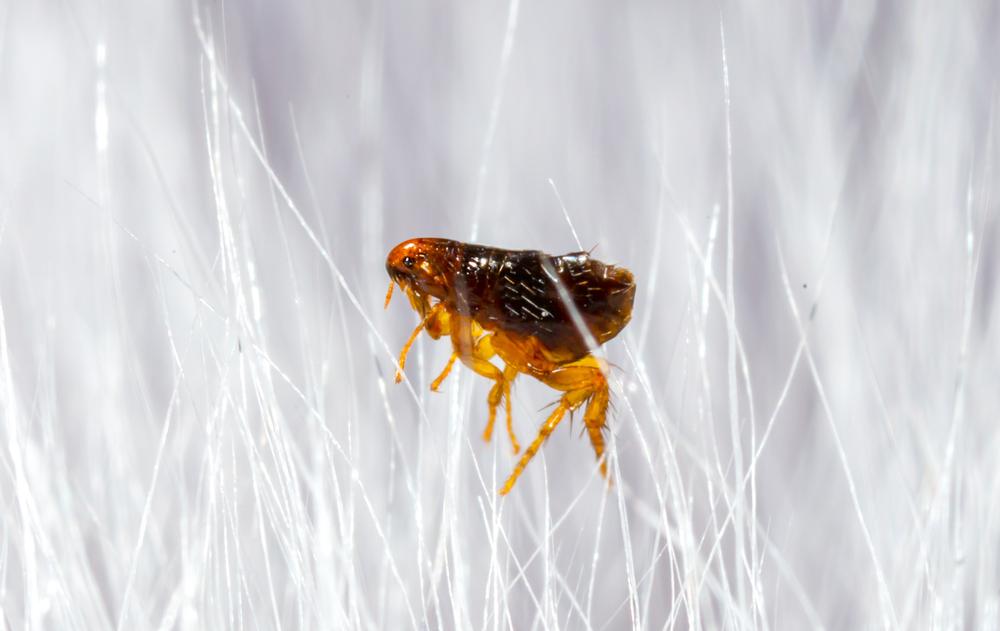
Fleas are small, wingless parasites that are notorious for their bites and the discomfort they cause. Typically, these tiny pests prefer to host on furry animals like dogs and cats. But what happens if a human gets fleas? In this comprehensive guide, we’ll delve into the symptoms, health risks, preventative measures, and treatments associated with human flea infestations.
If a human gets fleas, they may experience symptoms such as small, red, itchy bumps on the skin, typically around the feet, ankles, or lower legs. Fleas can also transmit several diseases to humans, including tapeworms, murine typhus, bubonic plague, cat scratch disease, tungiasis, and bartonellosis. Fleas can jump onto humans from infested pets or other animals, or from environments like tall grass or shaded areas near decks, woodpiles, or storage buildings. Treatment involves relieving itching with over-the-counter creams or oral antihistamines, and washing the bites with antiseptic soap to reduce the risk of infection.
Symptoms of Flea Bites on Humans
When a human gets bitten by fleas, the immediate symptoms typically include small, red bumps on the skin, often around the feet, ankles, or lower legs. These bumps may be surrounded by a reddened halo and are usually extremely itchy, causing great discomfort. The bites often occur in clusters of three or four or in a straight line.
More severe symptoms can include an allergic reaction (hives, rash, shortness of breath, and swelling), and infection of a disease carried by a flea. Fever, headache, body aches, rashes, nausea, abdominal pain, weight loss, dizziness, and weakness can accompany various diseases.
Health Risks Associated with Fleas
Fleas are not just a nuisance; they can also transmit several diseases to humans. The health risks associated with human flea infestations include:
- Tapeworms: Fleas can transmit tapeworm larvae. Humans and pets become infected with tapeworms if they consume an affected flea.
- Murine Typhus: This disease is caused by the bacteria Rickettsia typhi and is spread to people through contact with infected fleas.
- Bubonic Plague: Fleas are notorious for transmitting bubonic plague from wild rodents to humans.
- Cat Scratch Disease (CSD): This disease can be spread directly from fleas to humans if the flea bites you.
- Tungiasis: This disease is caused by a specific type of flea: Tunga flea. These fleas bite to open the skin, and then they burrow into the skin to feed directly from blood vessels.
- Bartonellosis: Also known as cat scratch disease or cat scratch fever, this disease can be spread directly from fleas to humans if the flea bites you.
How Humans Contract Fleas
Fleas can jump up to 13 inches, which allows them to transfer from an infested pet or other animal to a human. If there isn’t an animal in the area, fleas will bite humans. Fleas prefer tall grass and shaded areas near decks, woodpiles, or storage buildings. Once inside your home, fleas may jump off an infested animal and hide in carpet, furniture, bedding, and cracks in the floor.
Prevention and Treatment
Preventing flea infestations is a multi-step process that involves taking care of both your pets and your home environment.
For humans who have gotten fleas, treatments include over-the-counter 1% hydrocortisone cream to relieve itching, oral antihistamines to help with itching, and washing the bites with antiseptic soap to reduce the risk of infection. If the symptoms worsen or a secondary infection develops, it’s crucial to seek medical attention.
Can Fleas Be Transmitted from Humans to Other Humans or Pets?
Yes, fleas can be transmitted from humans to other humans or pets, but not in the same way as they are transmitted between pets. Fleas can jump onto any animal or person that they can reach to feed on the blood they need to survive. They can be picked up in the same ways as pets, such as walking in the woods, doing yard work, or touching infested furniture or clothing.
Final Thoughts
In conclusion, while fleas prefer to live on pets, they can still bite humans and potentially transmit diseases. Therefore, it’s important to take preventative measures to ensure your pet is protected from fleas at all times. If you suspect a flea infestation, it’s crucial to seek both medical attention and professional pest control to effectively treat and prevent further infestations.
Frequently Asked Questions
How long does it take for flea bites to heal?
Flea bites typically heal within one to two weeks with appropriate treatment. However, it’s crucial not to scratch the bites as it can lead to secondary infections, which could prolong the healing process.
Can flea eggs survive on humans?
No, flea eggs cannot survive on humans. Fleas usually lay their eggs on their host, but since they’re not sticky, they often fall off into the environment. Therefore, while fleas can bite humans, they prefer to lay their eggs on furry animals like dogs or cats.
Are there any natural remedies for flea bites on humans?
Yes, there are several natural remedies to soothe the itchiness and inflammation caused by flea bites. Some of these remedies include Aloe Vera, Witch Hazel, and Tea Tree Oil. However, it’s important to note that these remedies are not a replacement for professional medical advice.
How can I prevent fleas in my home?
To prevent fleas in your home, start by keeping your pets flea-free. Regularly vacuum your home, especially carpets and furniture, and wash your pet’s bedding frequently. Consider using a pesticide or hiring a professional exterminator if you have a severe infestation.
Can fleas live in human hair?
While fleas can jump onto humans and may accidentally end up in someone’s hair, they do not prefer to live in human hair. Fleas are adapted to living in dense fur or feathers, and human hair does not provide the optimal conditions for them.

